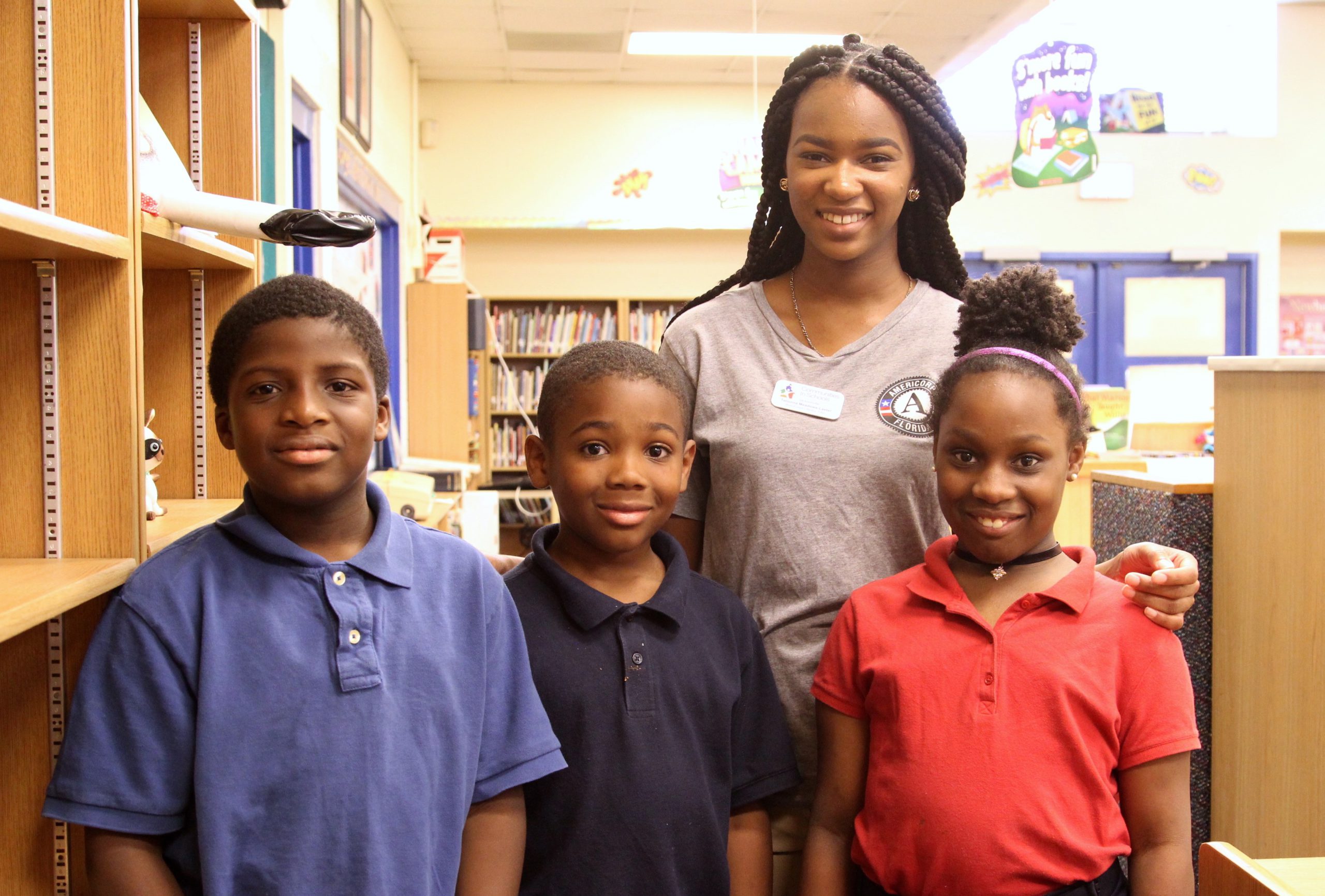How many times have you heard students complain that they don’t see any value in what they are learning in school or that they will never use the skills their teacher is forcing on them? Modern education is suffering from a severe lack of student engagement and a widespread apathy among even younger learners regarding their studies. In some classrooms, learning has become tedious, boring and pointless. This isn’t necessarily a curriculum problem. It rather results from a lack of the deep instruction and exploration that truly engages student interests. Teachers and parents can all benefit from learning about and finding ways to engage students on a deeper level in school and after school.Avoid the Runaway Train of CurriculumMany teachers and students are burdened with a breakneck pace of instruction. They are required to teach greater and greater volumes of material in ever short amounts of time. This invariably results in a rushed, sometimes even frantic, instructional pace. Students may spend a week or less on any given subject, slam through a packet of worksheets and then take a test. Sometimes there isn’t even room for proper review or practice, let alone deeper and more meaningful activities. This tends to be especially true in math, which also seems to be a subject valued by fewer and fewer students.The first thing a teacher should do is look for ways to slow down the pace of instruction. This gives students more time to work with the material and focus on really understanding and mastering the concepts. The goal becomes to learn and understand, not just to finish, take a test, get a good grade and move on. Professionals often call this a “mastery approach” to learning. Turn students’ attention away from tests and grades and toward what is really important. This is an important factor in dropout prevention.Embrace TechnologyThe use of technology in education has received mixed support. Some teachers embrace it as a useful tool, and others abhor it as the mother of all distractions. While it’s true that games, phones and tablets can be distracting, they are also great ways to grab and hold student attention when used correctly.Some schools have taken the approach to move more and more academics and instruction online, creating assignments that are almost entirely computer-based. Those schools then pride themselves on their use of technology in the classroom. This isn’t necessarily the best way to use technology, nor is it the best way to engage students. Technology isn’t just a way to dispense assignments or track grades. It deepens learning and engagement when it is used dynamically and creatively. Teachers and students may create presentations or use games to make learning fun and innovative. The possibilities are nearly endless.Create MeaningEven adults have trouble engaging with something they don’t think is useful or helpful to them, and it’s inappropriate to expect students to be any different. Giving schoolwork meaning is a major factor in dropout prevention. In the frantic rush to meet test score goals and satisfy government standards, education has lost sight of its real purpose: to give students the knowledge, skills and tools that help them be successful and productive citizens.The cornerstone of engaging academics is to show students how the knowledge and skills are applied to real life. Textbooks and worksheets may attempt to do this with real-world story problems or application problems, but teachers can probably do a far better job through projects or activities. Prompt students to find their own applications for a given subject or skill, do some research and then use what they are learning in a real-life scenario. When students look for and make these discoveries on their own, everything becomes real and meaningful.Foster the Student-Teacher RelationshipIt may go without saying that when a student likes a teacher and enjoys working with them, the student will learn better. It is important for teachers to focus on the human and relationship elements that go along with teaching, and the best teachers are usually masters at doing this. One mark of a great teacher is someone who can make students like them and work with them while not surrendering their power and mastery in the classroom or trying to be a student’s friend.Respect is the cornerstone of developing this relationship. When students feel that a teacher respects and cares about their feelings and opinions, they are more likely to retain a sense of belonging and value in the classroom. Effective teachers show that keeping control of classroom isn’t about lording power over students. It is instead about creating an environment focused on cooperation, respect and prosperity for everyone involved.When teachers focus on deepening student learning and focusing on knowledge and mastery rather than just taking tests and meeting standards, everything about school and education is improved. When a student feels involved and connected to their peers and work in the classroom, they are more likely to retain what they have learned and develop a lifelong love of learning. Communities in Schools of Jacksonville works to connect youth local to Duval County to caring adults in the community through afterschool and Literacy Programs. Visit our site to learn how you can make a difference in a child's life by becoming a mentor or donating to CIS of Jacksonville.
Related Tag: Literacy Programs for Kids


